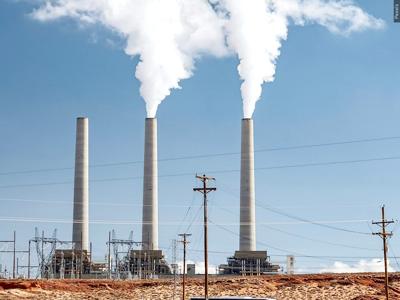DOVER, Del. — Delaware lawmakers have introduced a sweeping environmental justice bill that would hold commercial polluters to higher standards, increase penalties, and direct more fine revenue back into the communities most affected.
The Pollution Accountability Act (House Bill 210) aims to update Delaware’s pollution penalty system.
“Pollution does not impact everyone equally,” said Rep. Lambert. “It’s often our underserved neighbors and communities of color who face the highest levels of exposure, while having the fewest resources to fight back.”
Stronger penalties for repeat polluters
The bill proposes sharply increased fines for chronic violations, including air pollution, hazardous waste dumping, nutrient runoff, and stream contamination. Under HB 210, a chronic violator could face fines up to $40,000 per day—four times the current maximum for some violations.
In the case of oil pollution and hazardous waste violations, the proposed fines would jump from $10,000 and $25,000 respectively, to $40,000 per day.
HB 210 also ensures that a greater share of penalty revenue is used to support impacted neighborhoods. The Community Environmental Project Fund would receive 40% of collected penalties, up from 25%, with priority given to projects within two miles of the pollution source.
According to the National Institute of Environmental Health Sciences, exposure to air pollution can increase the risk of cancer, heart and respiratory diseases, and immune system disorders. A 2017 report from the Union of Concerned Scientists also revealed that communities in Delaware’s industrial corridor face significantly higher cancer and respiratory illness risks.
Sierra Club Delaware Chapter Director Dustyn Thompson called the bill a necessary shift in state policy. “For years, we have seen polluters spew toxic pollution into our air, water, and soil, with no meaningful response from the state,” he said. “That time needs to come to an end.”
The bill is now under review by the House Natural Resources Committee.







